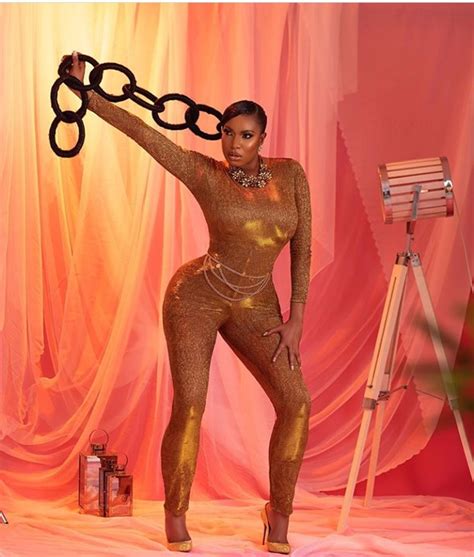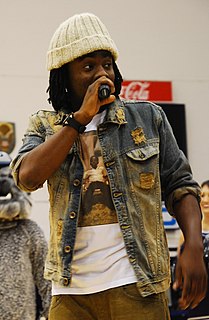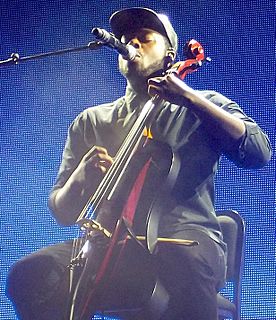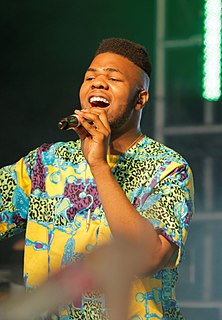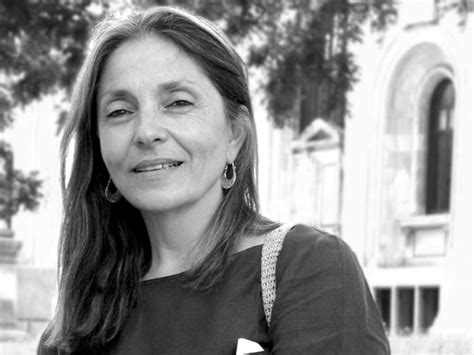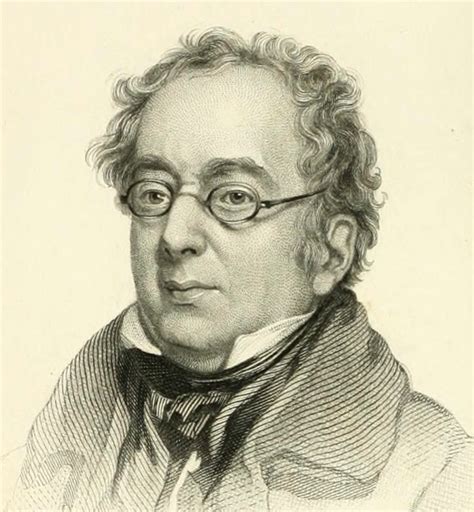A Quote by Wunmi Mosaku
I feel so British, but people would look at me and see a very African woman - the way I cook is very Nigerian, the way I dress I guess is quite Nigerian.
Related Quotes
Oh, I love labels, as long as they are numerous. I'm an American writer. I'm a Nigerian writer. I'm a Nigerian American writer. I'm an African writer. I'm a Yoruba writer. I'm an African American writer. I'm a writer who's been strongly influenced by European precedents. I'm a writer who feels very close to literary practice in India - which I go to quite often - and to writers over there.
It was never a deliberate decision to make films about the 'woman experience'. Having said that, we are all many things - for example I'm Igbo and Nigerian, a director, a filmmaker etc., but I feel what affects me the most, especially the way people/society view or treat me, is the fact that I'm a woman, and I'm fascinated by that.
The big challenge is a suit not worn with a tie. To me, it's a very odd look. David Cameron and many of our British politicians have adopted this look. I think it is challenging for men to look chic in casual clothing. Most people just want to wear T-shirts and baggy shorts and don't really care, whereas in the old days people used to really dress well in their leisure time. The suit has become a victim of that. day to dress in an appropriate way.
I try as hard as possible not to be pessimistic because I have never thought or believed that creating a Nigerian nation would be easy; I have always known that it was going to be a very tough job. But I never really thought that it would be this tough. And what's going on now, which is a subjection of this potentially great country to a clique of military adventurers and a political class that they have completely corrupted - this is really quite appalling. The suffering that they have unleashed on millions of people is quite intolerable.



